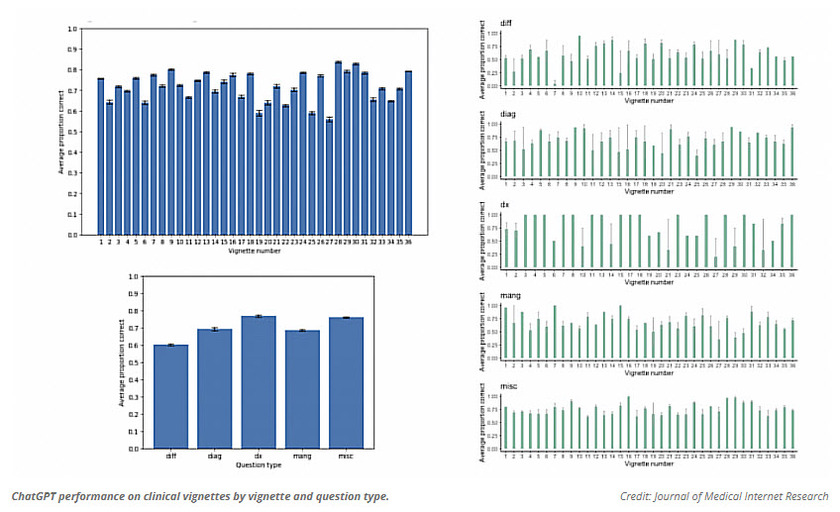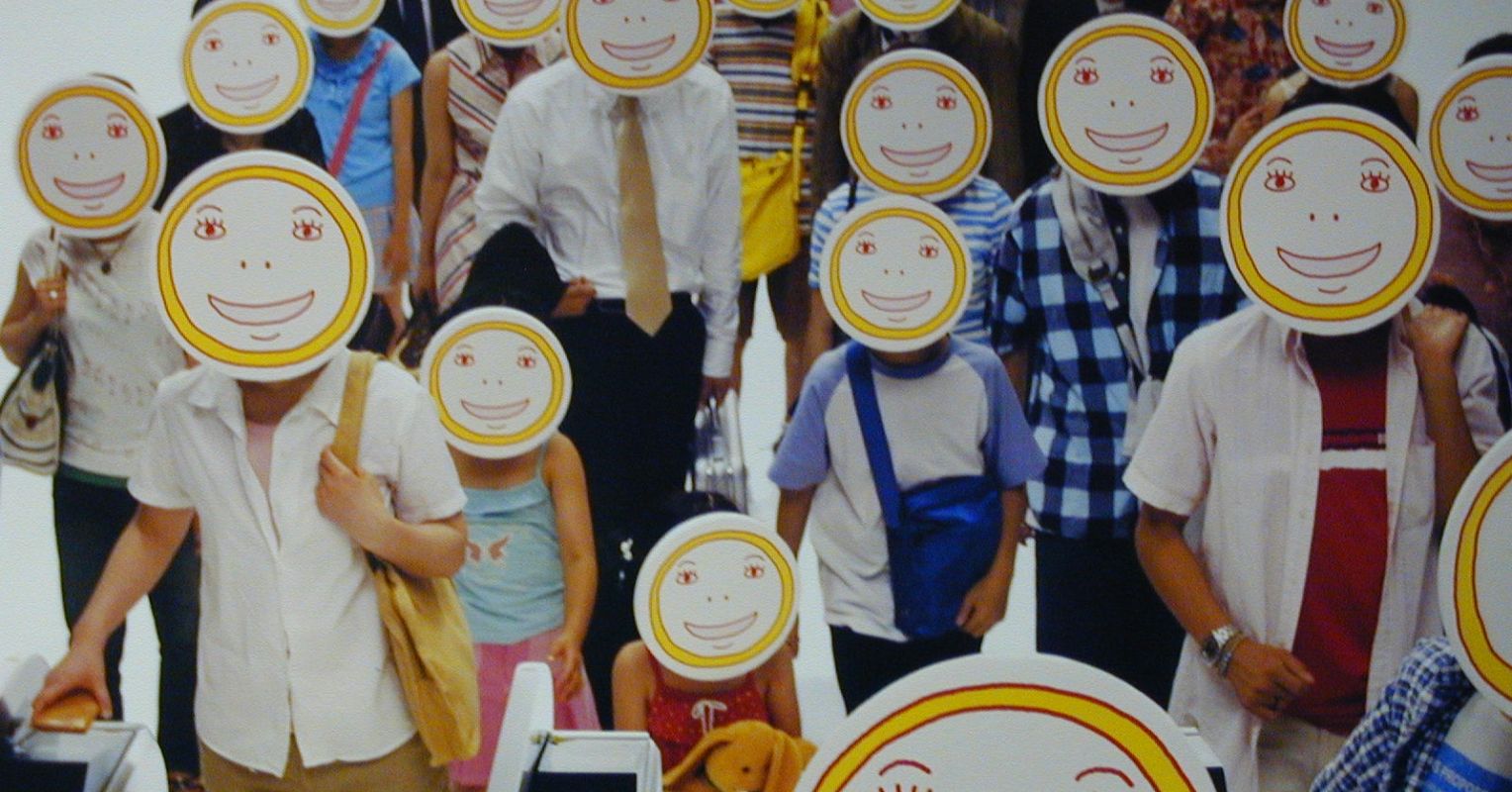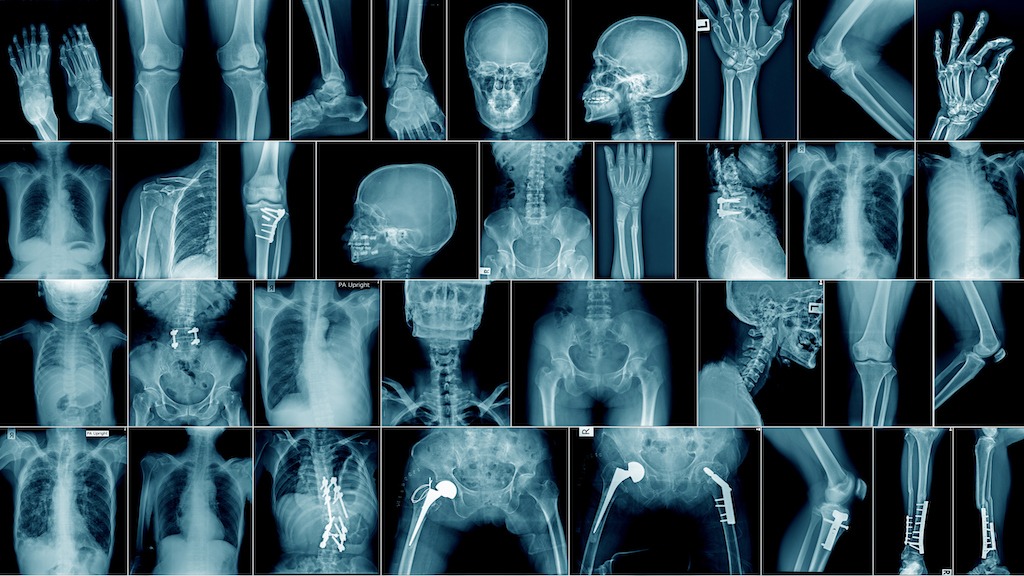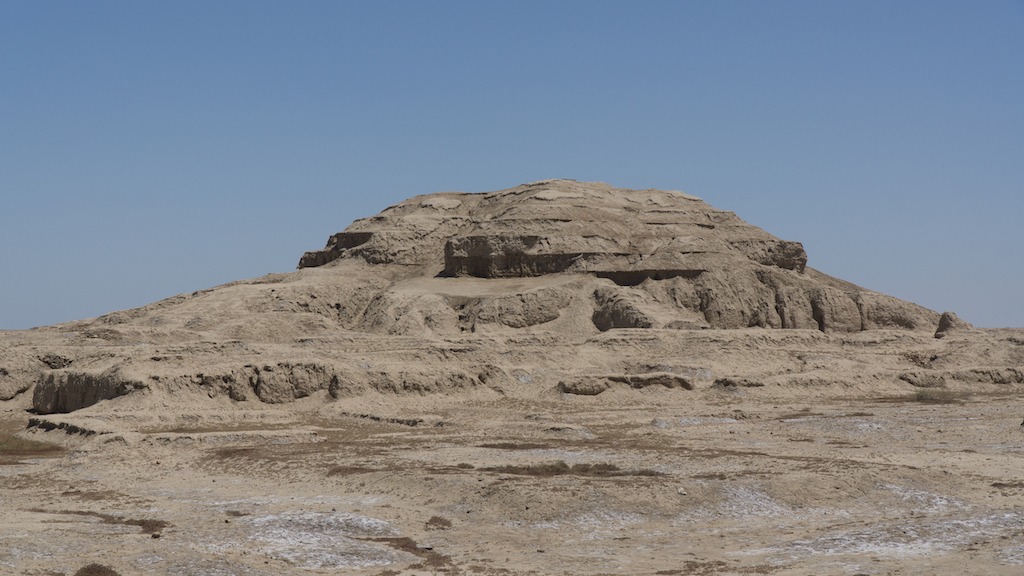Why do people act like sheep and just goes along with the crowd? Can you be an individual or are we all sheep and just follow the crowd no matter if it is good or evil? History is full of examples of "mob rule" and yet individually they were nice people. So what happened? Well today we are going to look at this from an article from www.psychologytoday.com and written by Rob Henderson:
"Why do other people influence us so much?
It may seem that we are in control of our thoughts and behavior. But social psychology tells a different story.
Social psychology is defined as “the scientific study of how we think about, influence, and relate to one another." We are social beings. Most of us communicate with others every day, spending large portions of our waking hours in some form of communication.
One lesson from social psychology is the influence others have on us. Research shows we do not have as much control over our thoughts and behavior as we think. We take cues from our environment, especially other people, on how to act.
How groups influence us
Consider the concept of group polarization. The idea is that likeminded people in a group reinforce one another’s viewpoints. Group polarization strengthens the opinions of each person in the group.
In a study by French psychologists Serge Moscovici and Marisa Zavalloni, researchers asked participants some questions. First, researchers asked about their opinion of the French president. Second, they asked about their attitude toward Americans. The researchers then asked the participants to discuss each topic as a group.
After a discussion, groups who held a tentative consensus became more extreme in their opinions. For example, participants held slightly favorable attitudes toward the French president. But their attitudes magnified as group members spoke with one another. They held slightly negative attitudes toward Americans. But their attitudes intensified as each member learned others shared their views about their allies abroad. The researchers concluded, “Group consensus seems to induce a change of attitudes in which subjects are likely to adopt more extreme positions." When we see our uncertain opinions reflected back to us, our beliefs strengthen.
Many of us also enjoy being with others who share similar beliefs. In one experiment, researchers invited people to discuss issues including same-sex marriage, affirmative action, and climate change. People in one group came from predominantly liberal Boulder, Colorado. People in another group came from mostly conservative Colorado Springs. The discussions on controversial topics led to increased agreement within the groups. Beliefs we hold are strengthened when we are around others who hold similar views.
If other people do it, that means it’s right. Right?
There is a heuristic most of us use to determine what to do, think, say, and buy: the principle of social proof. To learn what is correct, we look at what other people are doing. In his bestselling book Influence: The Psychology of Persuasion, psychologist Robert Cialdini writes, “Whether the question is what to do with an empty popcorn box in a movie theater, how fast to drive on a certain stretch of highway, or how to eat the chicken at a dinner party, the actions of those around us will be important in defining the answer.” Social proof is a shortcut to decide how to act.
Cialdini has used the principle of social proof to prevent environmental theft. Consider the case of Arizona’s Petrified Forest National Park. Visitors would arrive at the park and learn of past thievery from prominent signs: “Your heritage is being vandalized every day by theft losses of petrified wood of 14 tons a year, mostly a small piece at a time.”
In one experiment, Cialdini removed the sign from a specific path in the park to measure any differences it might make. The path with no sign had one-third less theft than the path with the sign. Visitors interpreted the sign’s message as permission. Put differently, visitors thought it was “normal” to take small pieces of wood, because so much was stolen every year.
Researchers have also used the principle of social proof to help people overcome their fears. In one study, Albert Bandura and his colleagues worked with a group of young children frightened of dogs. The children watched a four-year-old boy happily play with a dog for 20 minutes a day for four days. After the four day period, 67 percent of the children who watched the boy play with the dog were willing to enter a playpen with a dog. When the researchers conducted a follow-up study one month later, they found the same children were willing to play with a dog. Watching a little boy have fun with a dog reduced fear in children. They used the behavior of a boy playing with a dog as a model to change their own behavior.
Why do others influence us so much?
Clearly, others affect our behavior. One reason for this is that we live in a complex world. We use the decisions of others as a heuristic, or mental shortcut, to navigate our lives. English philosopher and mathematician Alfred North Whitehead once said, “Civilization advances by extending the number of operations we can perform without thinking about them."
In his book Influence, Cialdini uses the example of advertisers informing us that a product is the “fastest-growing” or “best-selling.” Advertisers don’t have to persuade us that a product is good, they only need to say others think so.
Cialdini notes that consumers often use a simple heuristic: Popular is good. Following the crowd allows us to function in a complicated environment. Most of us do not have time to increase our knowledge of all merchandise and research every advertised item to measure its usefulness.
Instead, we rely on signals like popularity. If everyone else is buying something, the reasoning goes, there is a good chance the item is worth our attention.
A second reason others influence us is that humans are social. We have survived because of our ability to band together. Early humans who formed groups were more likely to survive. This affected our psychology.
As Julia Coultas, a researcher at the University of Essex, puts it, “For an individual joining a group, copying the behaviour of the majority would then be a sensible, adaptive behaviour. A conformist tendency would facilitate acceptance into the group and would probably lead to survival if it involved the decision, for instance, to choose between a nutritious or poisonous food, based on copying the behaviour of the majority.”
In our evolutionary past, our ancestors were under constant threat. Keen awareness of others helped our ancestors survive in a dangerous and uncertain world. Modern humans have inherited such adaptive behaviors.
These behaviors include banding together and promoting social harmony. This includes not dissenting from the group. In a hunter-gatherer group, being ostracized or banished could have been a death sentence.
Thoughtful reflection on social influence may lead us to a greater awareness of ourselves and our relationships with others."
So can you self-reflect on if you are doing this based on your own position, or are you being manipulated in to doing something or supporting someone because others do so? I know on my Noom diet they touch on this about eating. Do you find yourself reaching for the chips or bread backet when someone else does at the table? Do you eat more in smaller groups opposed to larger ones? This is all the same area of our need for acceptance. It is a rare gem who can accept themselves for who they are and make decisions for themselves and yet questions and self-reflect on each decision to become an individual and not one of the mob or a sheep being led by someone else. In any event something to ponder.
References:
Bandura, A., Grusec, J. E., & Menlove, F. L. (1967). Vicarious Extinction of Avoidance Behavior. Journal Of Personality And Social Psychology, 5(1), 16-23. doi:10.1037/h0024182
Cialdini, R. B. (2003). Crafting normative messages to protect the environment. Current directions in psychological science, 12(4), 105-109.
Cialdini, R. (2007). Influence: The psychology of persuasion (Rev. ed. ; 1st Collins business essentials ed.). New York: Collins.
Coultas, J. C. (2004). When in Rome .... An Evolutionary Perspective on Conformity. Group Processes & Intergroup Relations, 7(4), 317-331. doi:10.1177/1368430204046141
Lee, D., & Hatesohl, D. (n.d.). Listening: Our Most Used Communication Skill. Retrieved September 8, 2014.
Moscovici, S., & Zavalloni, M. (1969). The group as a polarizer of attitudes. Journal Of Personality And Social Psychology, 12(2), 125-135. doi:10.1037/h0027568
Schkade, D., Sunstein, C. R., & Hastie, R. (2007). What Happened on Deliberation Day?. California Law Review, 95(3), 915-940.
I have lost a lot of faith with the Medical Community and the Governments over the last several years, but there are a few good things that can raise above the corruption and the pushing of drugs a new approach to heal people. The following is from www.gaia.com and written by Hunter Parsons that does not involve any drug or pushing an ineffective so called vaccine that the drug company is not held accountable in any way but they use sound! The use of sound can regrow bone tissue! Here is the story:
"The future of regenerative medicine could be found within sound healing by regrowing bone cells with sound waves.
The use of sound as a healing modality has an ancient tradition all over the world. The ancient Greeks used sound to cure mental disorders; Australian Aborigines reportedly use the didgeridoo to heal; and Tibetan or Himalayan singing bowls were, and still are, used for spiritual healing ceremonies.
Recently, a study showed an hour-long sound bowl meditation reduced anger, fatigue, anxiety, and ...
Not a fan of a Defense Agency studying Anti-Gravity and other Exotic Tech, but if the commercial world and make this technology cheap that will change our world yet again. The following is about three minute read and from www.gaia.com. The below was written by Hunter Parsons:
"Wormholes, invisibility cloaks, and anti-gravity — it’s not science fiction, it’s just some of the exotic things the U.S. government has been researching.
A massive document dump by the Defense Intelligence Agency shows some of the wild research projects the United States government was, at least, funding through the Advanced Aerospace Threat Identification Program known as AATIP.
And another lesser-known entity called the Advanced Aerospace Weapons System Application Program or AAWSAP
The Defense Intelligence Agency has recently released a large number of documents to different news outlets and individuals who have filed Freedom of Information Act requests.
Of particular interest are some 1,600 pages released to Vice News, which ...
As our technology gets better we are discovering more about the history of mankind and pushing the timeline back further and further. The following article is from www.gaia.com and written by Michael Chary that discusses this new find that changes the historical timeline:
"Over the past decade, there have been a number of archeological revelations pushing back the timeline of human evolution and our ancient ancestors’ various diasporas. Initially, these discoveries elicit some resistance as archeologists bemoan the daunting prospect of rewriting the history books, though once enough evidence is presented to established institutions, a new chronology becomes accepted.
But this really only pertains to the era of human development that predates civilization — the epochs of our past in which we were merely hunter-gatherers and nomads roaming the savannahs. Try challenging the consensus timeline of human civilization and it’s likely you’ll be met with derision and rigidity.
Conversely, someone of an alternative...
Not sure if you have heard of a show on YouTube called "The Why Files". If not you should check it out it is interesting and has some humor with it on different subjects. Last weeks was on a different theory how the Universe works and how main stream Science is attempting to shut it down like is always seems to do if it goes aguest some special interest. Today it is akin to what happened to those who questioned the Earth was the Center of the Universe that main stream so called Science all believed during the Renaissance period, They called any theory that the Earth was not the Center of the Universe misinformation. Does this sound familiar today? People laughed and mocked people like Leonardo da Vinci, Nicolaus Copernicus, Georg Purbach as crack-pots, conspiracy theorists, nut-jobs and they were suppressed and even imprisoned for their radical thoughts and observations. Again it sounds like today in so many ways. In any event this is a good one to ponder and see even if a bad idea ...
Seemingly chaotic systems like the weather and the financial markets are governed by the laws of chaos theory.
We all have heard about chaos theory, but if you have not or have forgotten what chaos theory is well here you go from interestingengineering.com:
"Chaos theory deals with dynamic systems, which are highly sensitive to initial conditions, making it almost impossible to track the resulting unpredictable behavior. Chaos theory seeks to find patterns in systems that appear random, such as weather, fluid turbulence, and the stock market.
Since the smallest of changes can lead to vastly different outcomes, the long-term behavior of chaotic systems is difficult to predict despite their inherently deterministic nature.
As Edward Lorenz, who first proposed what became commonly known as the Butterfly Effect, eloquently said, "Chaos: When the present determines the future, but the approximate present does not approximately determine the future.""
You may have heard the term about chaos theory as a butterfly flaps its wings in Brazil,...
I for one have lost trust in Medical Doctors due to COVID and reflection that they seem to push pills for everything and untested so called vaccines that is using a unproven technology because the Government and the Medical Boards of the State told them to. There are a very few exceptions. Thus they do not address the key problem just prescribe more and more pills to keep you alive an sick longer for them and Big Phama to profit from you. Will AI do any better? Well that depends on what was used for the training of AI. If it also pushes pills and vaccines without question then you have the same problems noted above. However, if the AI Training includes all possible forms of treatment and they zero in on the right issues for the true problem then there is possibilities they would be way better than most of the current Medical Doctors today.
The following is from an article from interestingengineering.com and written by Paul Ratner:
"A new study looks at how accurately AI can diagnose patients. We interview the researcher, who weighs in on AI's role ...























